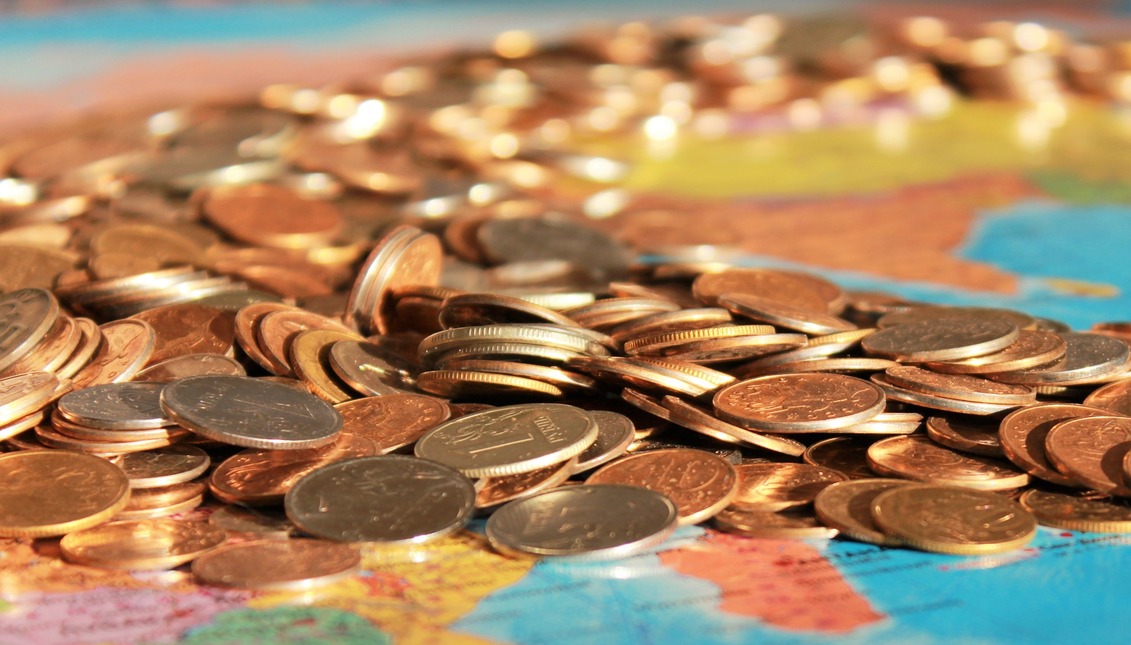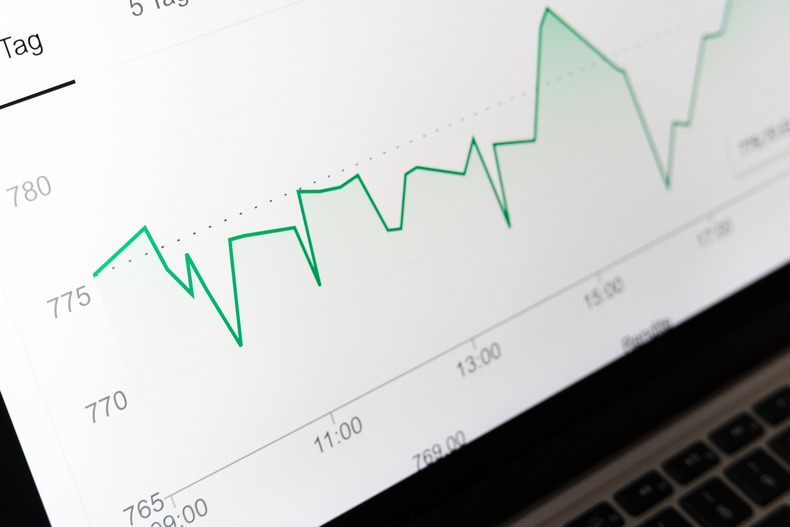
Inflation in the Americas: The post-pandemic rise in the cost of living
In Latin America and North America, the cost of living continues to grow disproportionately as wages stay stagnant.
Both in Latin America and the United States, the cost of living is higher every day and people's incomes are not enough to cover many of their basic expenses.
According to several experts, as the post-pandemic reality nears, in its wake are delays in supply chains, high price increases for raw materials and excess liquidity in many markets, as well as devaluation of currencies. All are impacting the reactivation of economic sectors around the world.

The cost of living has been particularly affected by the high prices of basic products for families, such as food, electricity, gas and gasoline.
In Mexico, the price of cooking oil soared, while the government had to intervene to control increases in the value of household gas.
In Brazil, gasoline, food, clothing and electricity led these increases that have triggered the highest inflation in the last 19 years.

Argentina, with the worst inflation in the region after Venezuela, is desperately seeking to halt the weekly 1% increase in costs, which played a major role in the defeat for the government in the last parliamentary elections. There, the value of food, clothing and non-alcoholic beverages have decidedly increased the cost of living for Argentines. For now, an attempt has been made to soften the strong impact of these increases with a freeze of almost 1,500 products until at least the beginning of 2022.
Chile, with its highest inflation in the last 13 years, presents high increases in the value of tickets for air transport, tourist packages, and gasoline.
RELATED CONTENT
The price for families in Peru have increased, driven by the rise in raw material costs and by being an importer of many of the products that families consume, such as corn and wheat.
Colombia is not far behind and, as with the other countries mentioned, inflation has been affected by the increase in the prices of food, accommodations, public services and fuel. Likewise, the rise in prices of foods such as meat, milk, fruits and cooking oils have caused an increase in their negative indexes.
The leader in hyperinflation, not only in Latin America, but in the world, is Venezuela, a country where the International Monetary Fund, IMF made a terrifying projection of 2,700% for 2021.

More good news: Top economists say my infrastructure law and Build Back Better Act will not add to inflation — and will improve our economy. https://t.co/OxNYiRST7X
— President Biden (@POTUS) November 18, 2021
"Inflation hurts the pockets of Americans," said Joe Biden recently, pledging to reverse the trend.
According to the Bureau of Labor Statistics, prices in energy, food and gasoline grew the most in recent months, something worrying considering the announcement by the Federal Reserve, in which it is projected the gradual reduction of the bond program used to support economic recovery.
By all accounts, the threat posed by record inflation to the American people is not “transitory” and is instead getting worse. From the grocery store to the gas pump, Americans know the inflation tax is real and DC can no longer ignore the economic pain Americans feel every day.
— Senator Joe Manchin (@Sen_JoeManchin) November 10, 2021










LEAVE A COMMENT: